Invisible Invaders: Nanoplastics and Their Impact on Human Health
Today, we face an invisible yet increasingly alarming challenge to our health: nanoplastics. These tiny particles, capable of infiltrating our bodies through food or inhalation, are being identified as a serious threat to our well-being.
Recent research has revealed that a 1-liter bottle of water can contain more than 240,000 fragments of nanoplastics, which you can read about in more detail here. These particles have the potential to enter our bloodstream, alter our gut microbiota, cause inflammation, and even cognitive decline.

Furthermore, another study found that they not only affect adults but also have the ability to transfer from pregnant rats to their unborn offspring, posing serious risks to fetal development.
This research suggests that the process could be similar in humans, marking a significant concern for public health and highlighting the urgency of further investigating the impact of micro and nanoplastics on the human body.
Impact of Nanoplastics on Health
Nanoplastics can affect human health in various ways:
- Alteration of Gut Microbiota and Intestinal Barrier: Nanoplastics can interact with various molecules in the intestinal epithelium, altering the microbiota and mucus secretion, essential for a healthy intestinal barrier.
- Oxidative Stress and Genotoxicity: The large surface area of nanoplastics facilitates the generation of reactive oxygen species, which can damage cells, proteins, and DNA, potentially leading to mutations and cancer.
- Neurotoxicity and Cognitive Decline: There is evidence that nanoplastics can cross the blood-brain barrier, affecting the nervous system and contributing to the development of neurodegenerative diseases.
- Immune System Dysregulation: Nanoplastics can be treated as invaders by our immune system, causing chronic inflammation linked to chronic diseases such as heart problems and diabetes.
- Reproductive and Developmental Toxicity: The interference of nanoplastics with our hormones could affect fetal development and reproductive health.
- Bioaccumulation and Long-Term Effects: Due to their durability, nanoplastics can accumulate in the body, raising concerns about irreversible damage and emerging health problems.
Technologies have now been developed that can provide a safe water supply free from these chemicals for you and your family, such as NUBE, which generates water from the moisture in the environment. It has its own filtering, mineralization, and storage system with a UV source to keep the water free from pathogens.
And you, do you already have peace of mind with your water supply? Get your NUBE here.

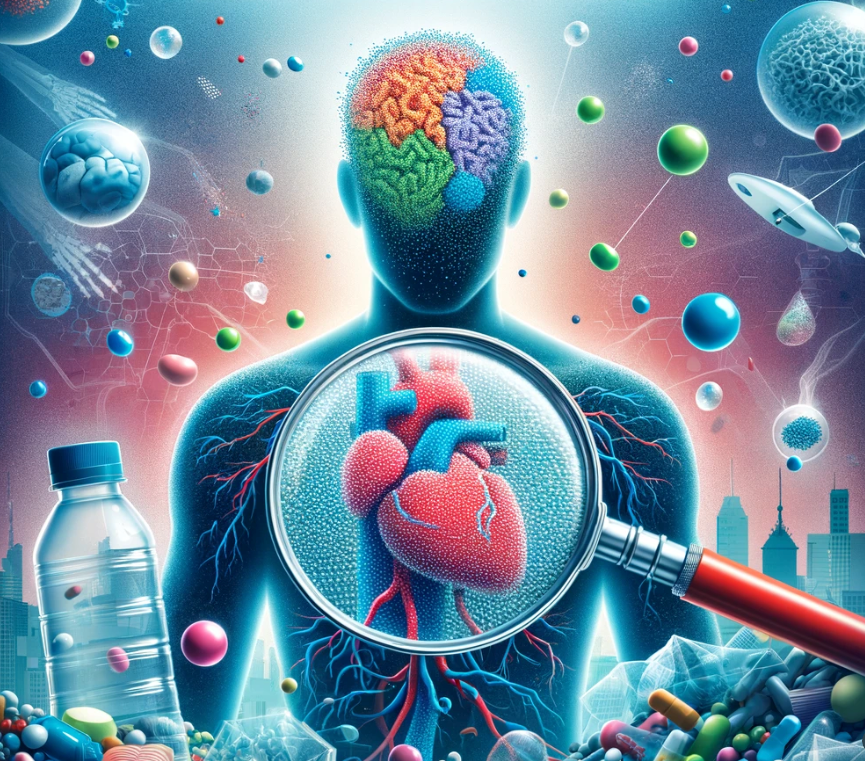

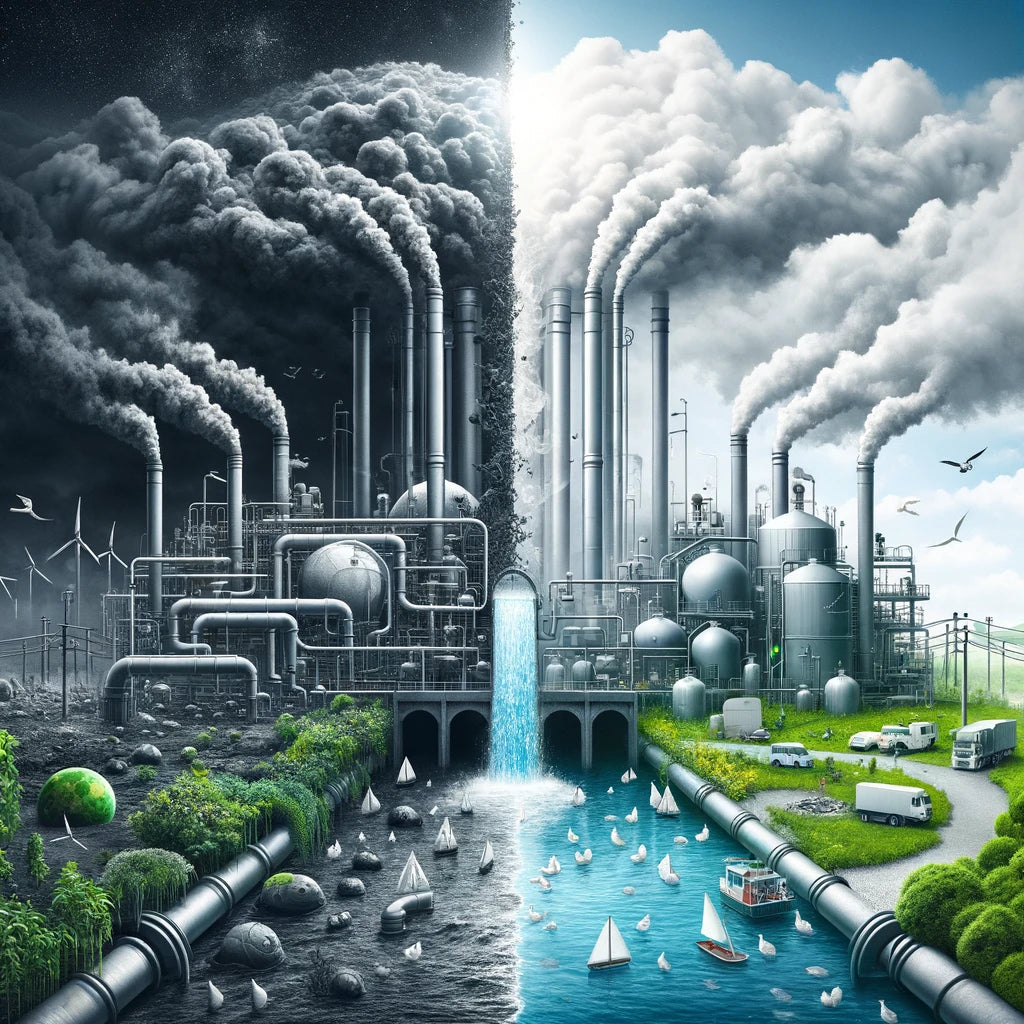
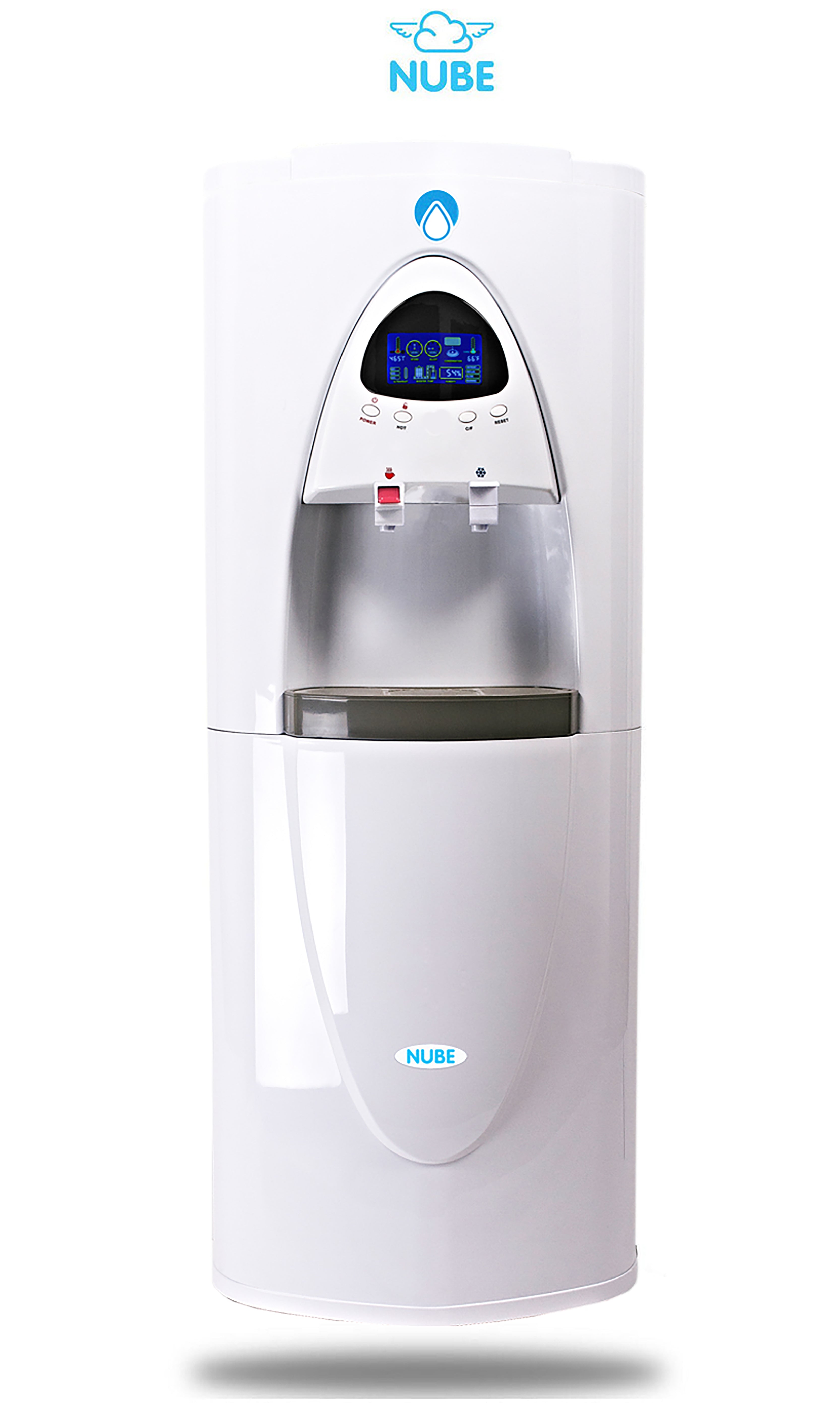

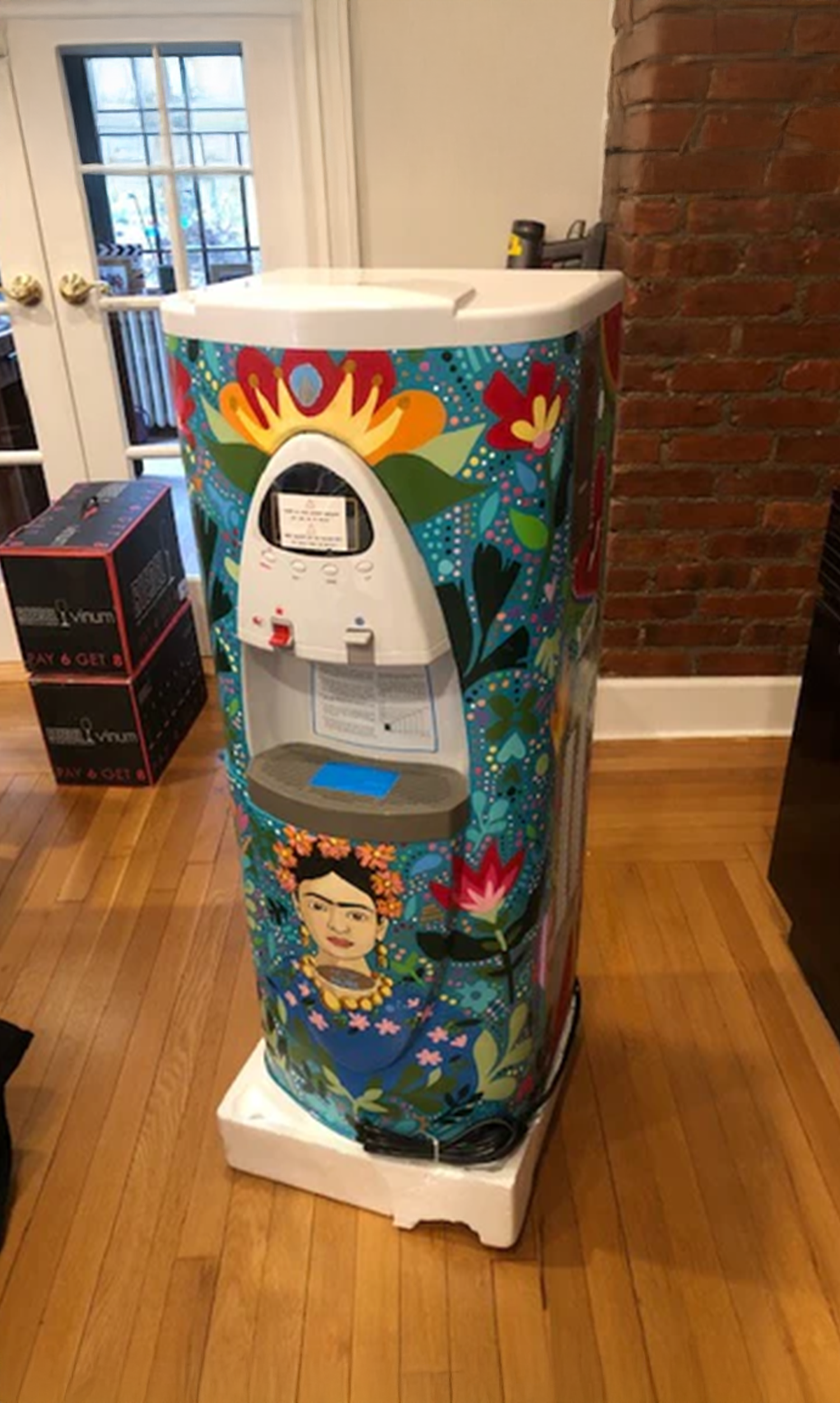
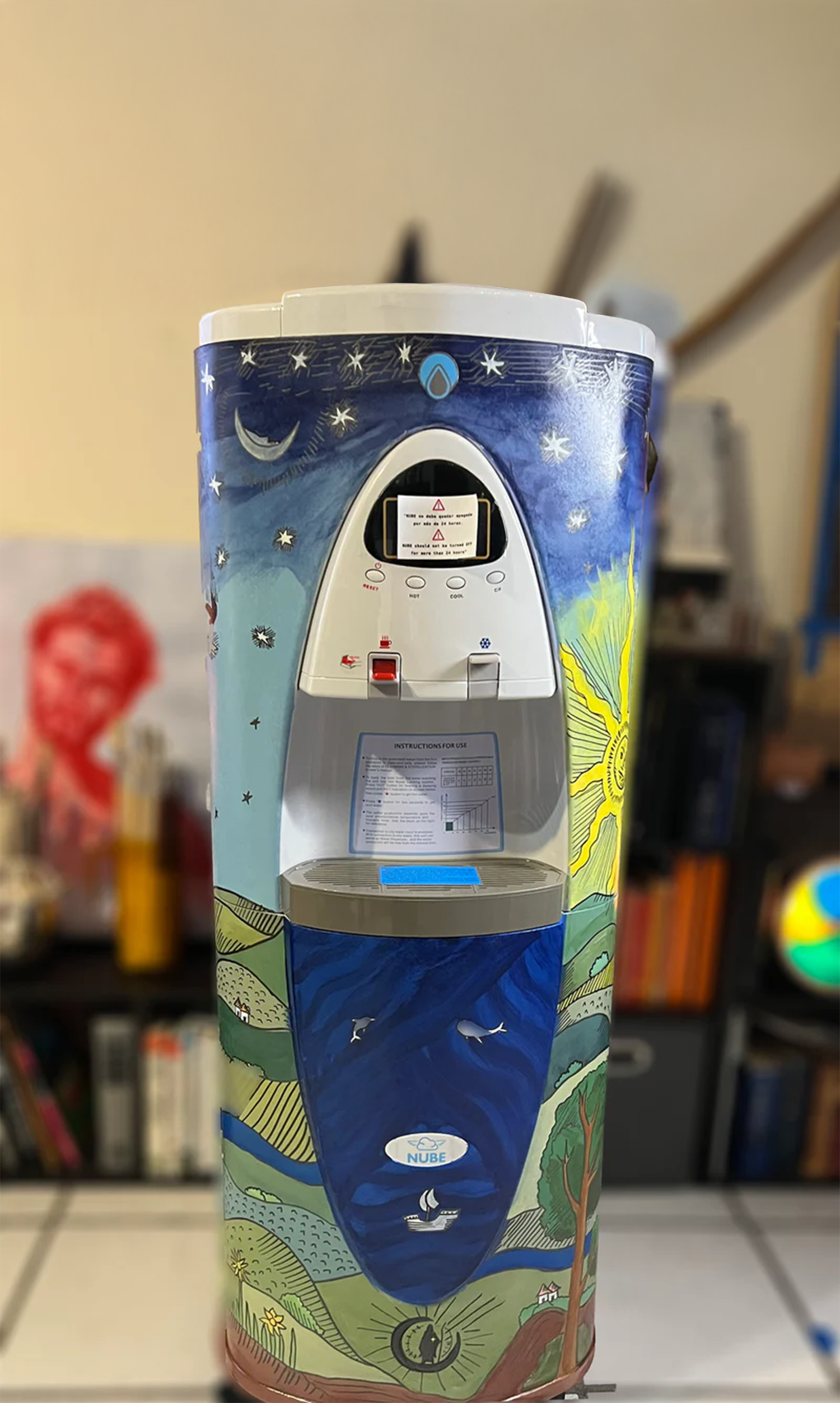

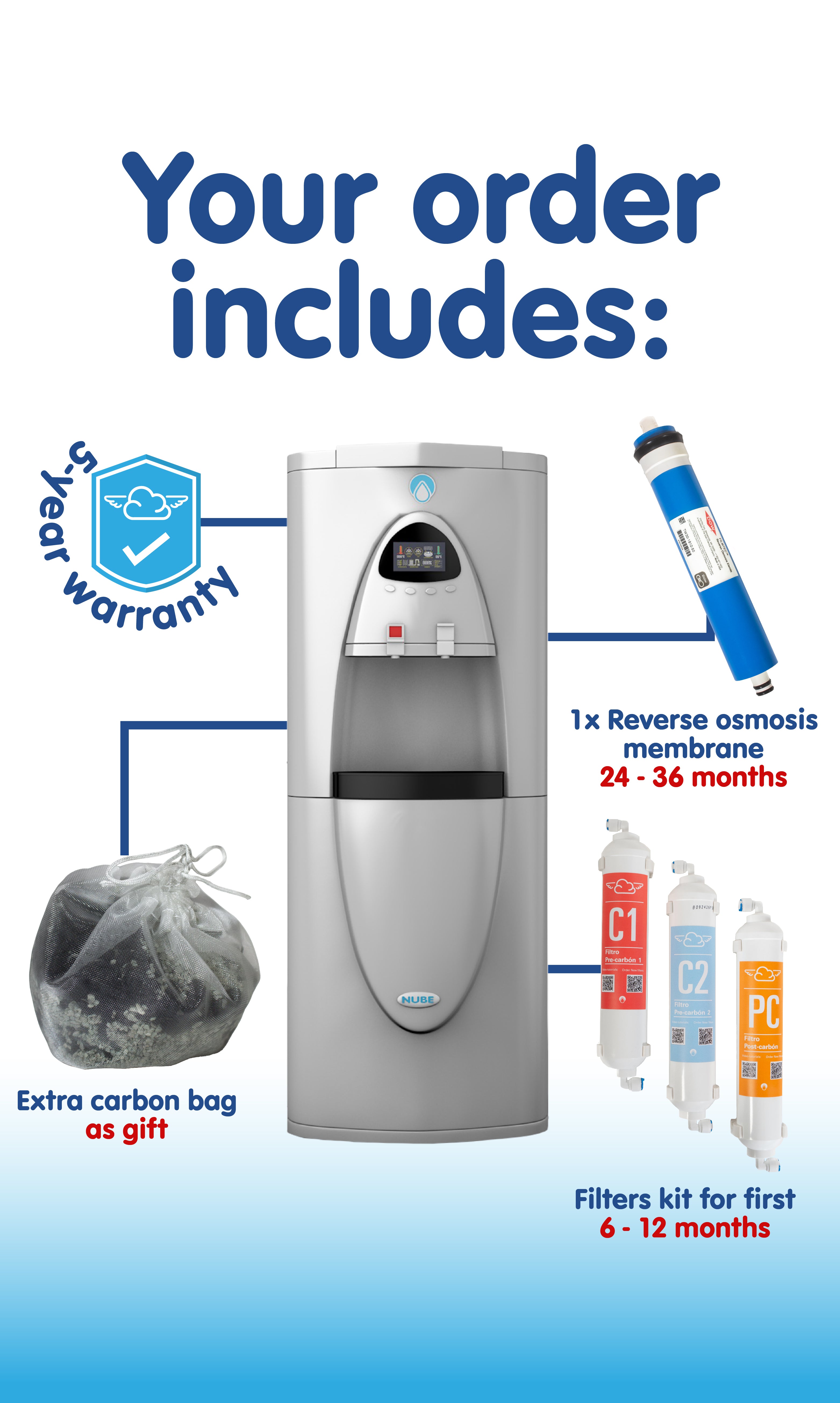


השארת תגובה
כל התגובות מבוקרות לפני פרסומן.
This site is protected by hCaptcha and the hCaptcha Privacy Policy and Terms of Service apply.